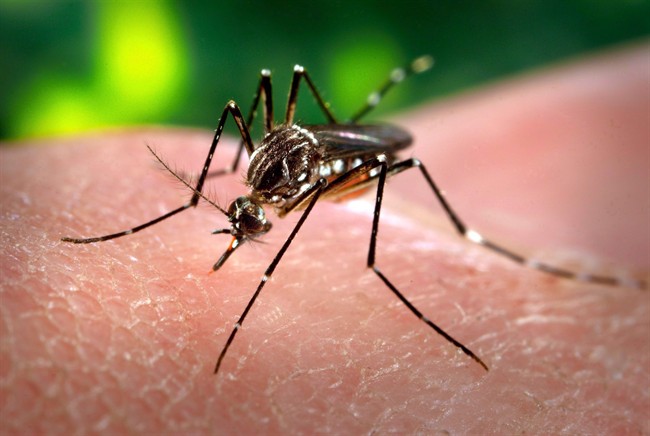There is a superbug spreading in Southeast Asia that is resistant to anti-malaria drugs and scientists are worried the disease could soon become untreatable.

“Super malaria” first appeared in Cambodia in 2007 but has now trickled into parts of Thailand, Laos and southern Vietnam. The superbugs are malaria parasites that can beat off the best current treatments, artemisinin and piperaquine.
In a letter published Thursday in the Lancet Infectious Diseases journal, scientists said the spread of the superbug’s resistance is the greatest threat to the control and elimination of the mosquito-borne disease.
Co-author of the research, Nicholas White warned the drug resistance was a public health emergency that must be treated urgently — before it spreads to regions like India and Africa, which have even higher rates of malaria.
WATCH: First malaria vaccine approved by European agency
“We are losing a dangerous race to eliminate artemisinin-resistant … malaria before widespread resistance to the partner antimalarials makes that impossible,” White said.
Malaria specialists worldwide say emerging drug resistance in Asia is now one of the most serious threats to that progress.
READ MORE: WHO warns world running out of antibiotics
Malaria is one of the most common infectious diseases in the world, according to the World Health Organization (WHO). More than half the world’s people are at risk of infection — especially children.
Recent progress against the mosquito-borne disease has been dramatic and the number of people falling ill have been significantly reduced, but it still kills more than 420,000 people each year, the WHO said.
This isn’t the first time a drug-resistant parasite threatened global health security. Waves of malaria resistance appeared in the 1950s and 1960s in Southeast Asia and then spread to India and Africa, where they caused millions of deaths.
— With files from Reuters




Comments